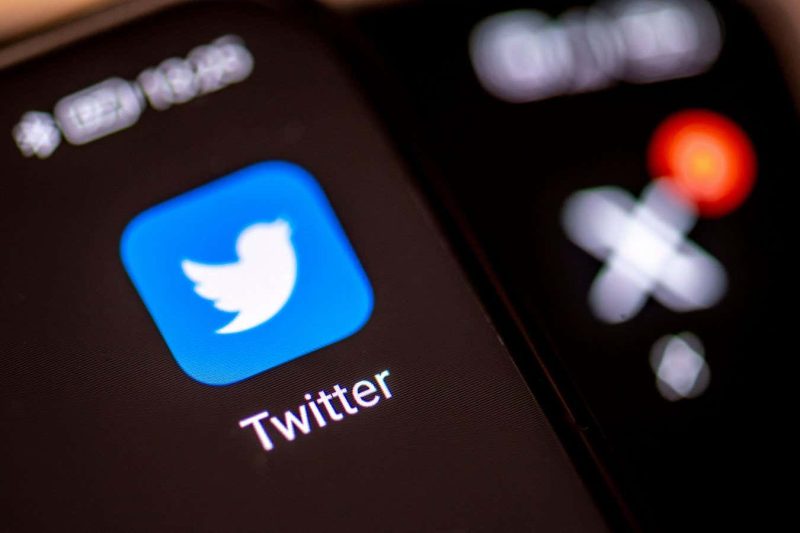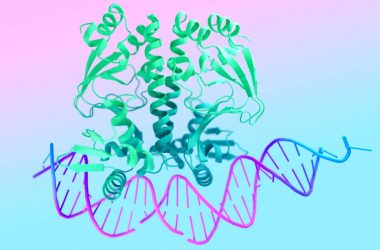An evaluation of thousands and thousands of tweets reveals the altering that means of the phrase “bot”Svet foto/Shutterstock
Calling somebody a bot on social media as soon as meant you suspected they had been really a chunk of software program, however now using the phrase is shifting to turn into an insult to somebody you understand is human, say researchers.
Many efforts to detect social media bots use algorithms to attempt to determine patterns of behaviour which can be extra widespread in automated accounts managed by computer systems, the standard that means of a bot, however their accuracy is questionable.
“Most up-to-date analysis actually focuses on the detection of social bots, which is problematic in itself as a result of we’ve got this floor fact drawback,” says Dennis Assenmacher at Leibniz Institute for Social Sciences in Cologne, Germany, that means we don’t know if detections are correct.
To research, Assenmacher and his colleagues checked out how customers understand what’s a bot or not. They did so by taking a look at how the phrase “bot” was used on Twitter between 2007 and December 2022 (the social community modified its title to X in 2023, following its buy by Elon Musk), analysing the phrases that appeared subsequent to it in additional than 22 million English-language tweets.
The group discovered that earlier than 2017, the phrase was often deployed alongside allegations of automated behaviour of the kind that may historically match the definition of a bot, similar to “software program”, “script” or “machine”. After that date, the use shifted.
“Now, the accusations have turn into extra like an insult, dehumanising folks, insulting them, and utilizing this as a way to disclaim their intelligence and deny their proper to take part in a dialog,” says Assenmacher.
Whereas the reason for the shift is unclear, Assenmacher says it may very well be political in nature. The group checked out high-profile accounts adopted by every Twitter consumer, similar to these of politicians and journalists, to categorise customers as left or right-leaning. It turned out that left-leaning customers had been extra more likely to accuse others of being bots, and those that had been accused had been extra more likely to be right-leaning.
“A possible rationalization may be that media often reported about right-wing bot networks influencing main occasions just like the [2016] US election,” says Assenmacher. “Nevertheless, that is simply hypothesis and would want affirmation.”
Matters:












